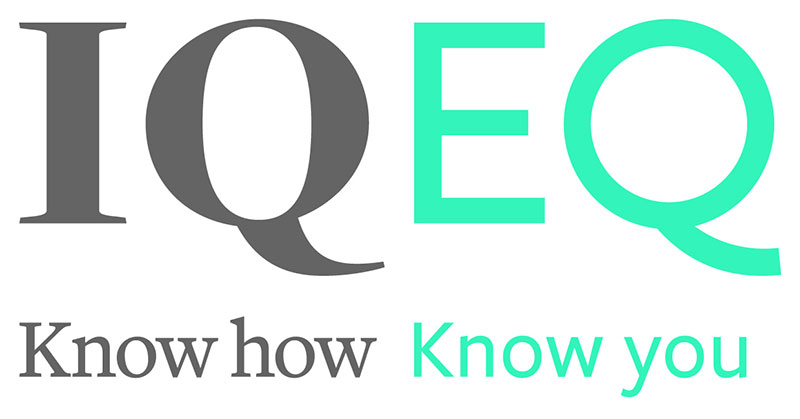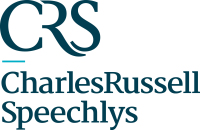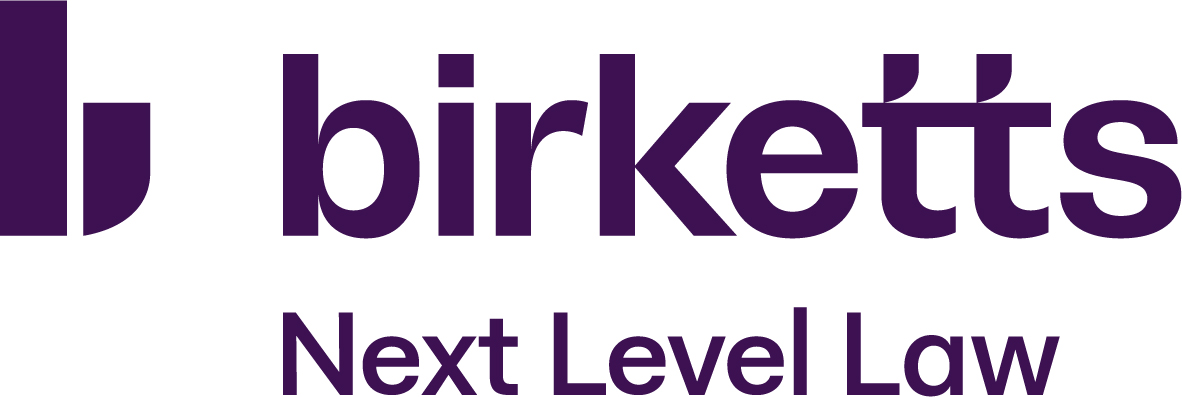A Guide to Unexplained Wealth Orders
Unexplained Wealth Orders (UWO) are an increasing concern for HNWIs following the High Court's decision to uphold a UWO against Zamira Hajiyeva in 2018. Business crime lawyer John Martyn explains how a UWO is obtained and gives some advice on responding to a UWO.
What is an Unexplained Wealth Order?
A UWO is a type of court issues to an individual in order for them to reveal the sources of their often significant wealth. Failing to account for wealth are liable to have their assets seized if an appeal in the High Court is successful.
How is a UWO obtained?
An enforcement authority (including the National Crime Agency (NCA), HMRC and SFO) can obtain a UWO against the holder of property (for convenience I will refer to the holder as the owner although the scope of 'holding' property is wider than simple ownership) if it satisfies the High Court that:
- The property concerned is valued at £50,000 or more
- There are reasonable grounds for suspecting that the known sources of the owner's lawfully obtained income would be insufficient to enable them to obtain the property; and
- The owner is either:
- a "PEP" (politically exposed person, i.e. an individual who is, or has been, entrusted with prominent public functions by an international organisation or non-European Economic Area (EEA) state, or someone connected to such an individual); or
- There are reasonable grounds for suspecting that the owner is, or has been, involved in serious crime anywhere in the world (provided that it would amount to an offence in the UK) or a person connected with the owner is, or has been, so involved.
A UWO can be granted in relation to property located outside the UK and against a person who is not resident in the UK. However, it is unlikely that a UK enforcement authority would apply for a UWO if there is no obvious British connection.
The UWO requires the owner of the property to provide a statement:
- Setting out the nature and extent of their interest in the property;
- Explaining how the property was obtained (including, how any costs were met);
- Supplying other information specified in the UWO;
- If the property is held by trustees of a settlement, any details of the settlement specified in the
- UWO.
An interim freezing order will often be put in place at the same time as the UWO. A freezing order is likely to prohibit the property owner (or any other person with an interest in the property) from selling it or dealing with it in anyway.
A UWO will usually be made in private without any prior notice to the owner. The first that an owner is likely to know of a UWO application is when he or she receives a copy of the UWO and freezing order. The owner will have no opportunity to argue against the UWO being imposed. From an owner's perspective the only thing to be said for a "without notice" UWO is that it should not attract publicity.
I have been served with a UWO and interim freezing order. What steps should I take?
You should not attempt to dispose of the property.
The time for submitting a statement will be set out in the UWO. The specified time limit may be challenging and legal advice should be sought immediately.
You may be able to discharge the UWO if you can show that the enforcement authority did not provide the court with full and frank information when it made its application, for example, if the authority was aware of information which might undermine its application but failed to mention this to the court.
In addition to advising on any possible challenges to the UWO, your solicitor should also advise you on the content of a statement and the extent of the information that should be supplied with it. There may be good reasons for limiting the information supplied to the enforcement authority (in so far as it is lawful to do so) if, for example the provision of information would:
- Incriminate the owner; or
- Raise the enforcement authority's interest in other aspects of the owner's affairs; or
- Breach any law in the owner's home country prohibiting the disclosure of confidential information (this may be a particular concern for PEPs).
What will the enforcement authority do if I supply a statement?
If there is an interim freezing order the enforcement authority must make a decision on what action, if any, it intends to take within 60 days of receipt of the statement.
Whilst a statement cannot be used in proceedings against the owner (other than in very limited circumstances) information supplied with the statement, for example, a copy of a will or a receipt, could be used in evidence in criminal proceedings against the owner.
What happens if I do not supply a statement?
If you fail to respond to the UWO a rebuttable presumption arises that the property covered by the UWO is "recoverable property" for the purposes of a Civil Recovery Order (CRO). It will then be open to the enforcement authority to apply to court for recovery of the property.
The enforcement authority may also consider bringing criminal proceedings.
If the UWO includes a "penal notice", (a warning that failing to comply with the UWO may be treated as contempt) separate proceedings could be brought against you for contempt. These proceedings could result in imprisonment or a fine.
What if I lie in the statement?
If the statement supplied in response to the UWO is false or misleading the owner can be prosecuted. The maximum sentence is a term of two years imprisonment.
I am a PEP, connected to a PEP or person involved in serious crime and I am considering purchasing property in the UK. What steps should I take?
You'll need to seek legal advice on your position before purchasing the property. If you decide to proceed with the purchase you should ensure that you are in a position to prove that the funds that you will use to purchase property were legitimately acquired.
I am a PEP/connected to a PEP /connected to a person involved in serious crime. I have acquired property in the UK but I have not received a UWO. What steps should I take?
You are vulnerable to being issued with a UWO. You are at increased risk if you have been named by an anti-corruption charity or identified in the media or if you suspect that business or political rivals will provide information to the authorities in the UK with a view to provoking a UWO.
You should take legal advice now and begin gathering evidence to prove the provenance of the funds that were used to purchase the property.
For more information on Unexplained Wealth Orders and possible implications for your HNW clients please contact John Martyn.
Call: 020 3755 5593
Email John Martyn
Website
Sponsorship
Find out why leading brands in the private client industry are partnering with PCD to raise their profile, make connections and drive new business.
Membership
Find out how you can participate in the leading club for international private client advisors and unlock opportunities around the globe.




















